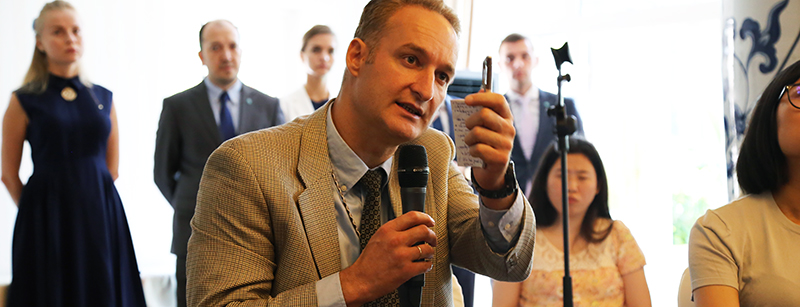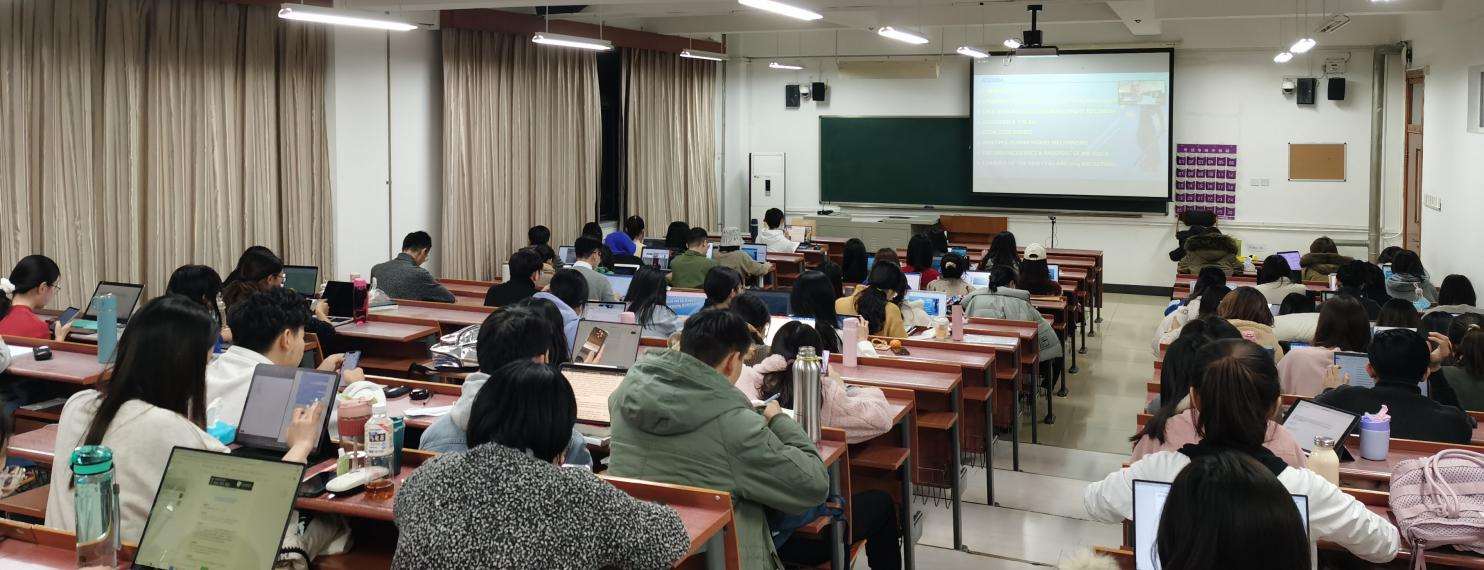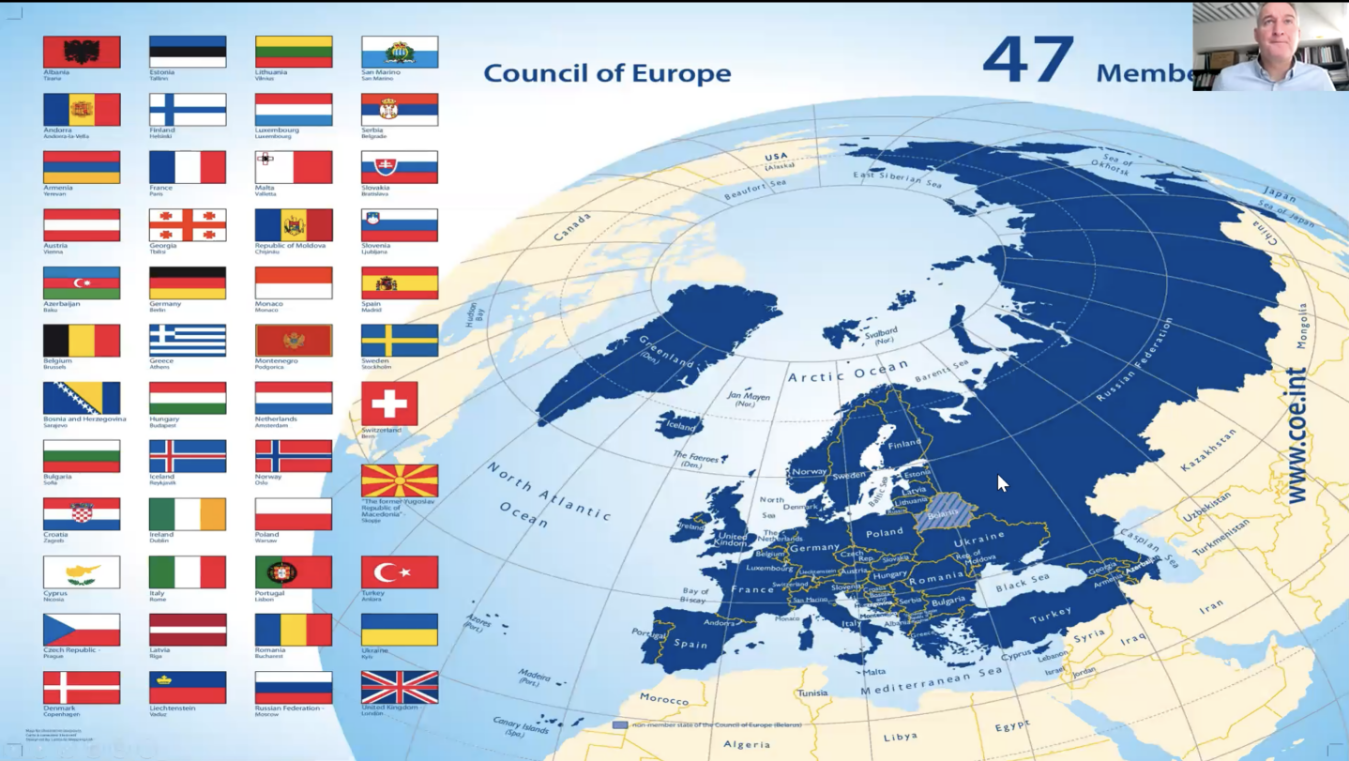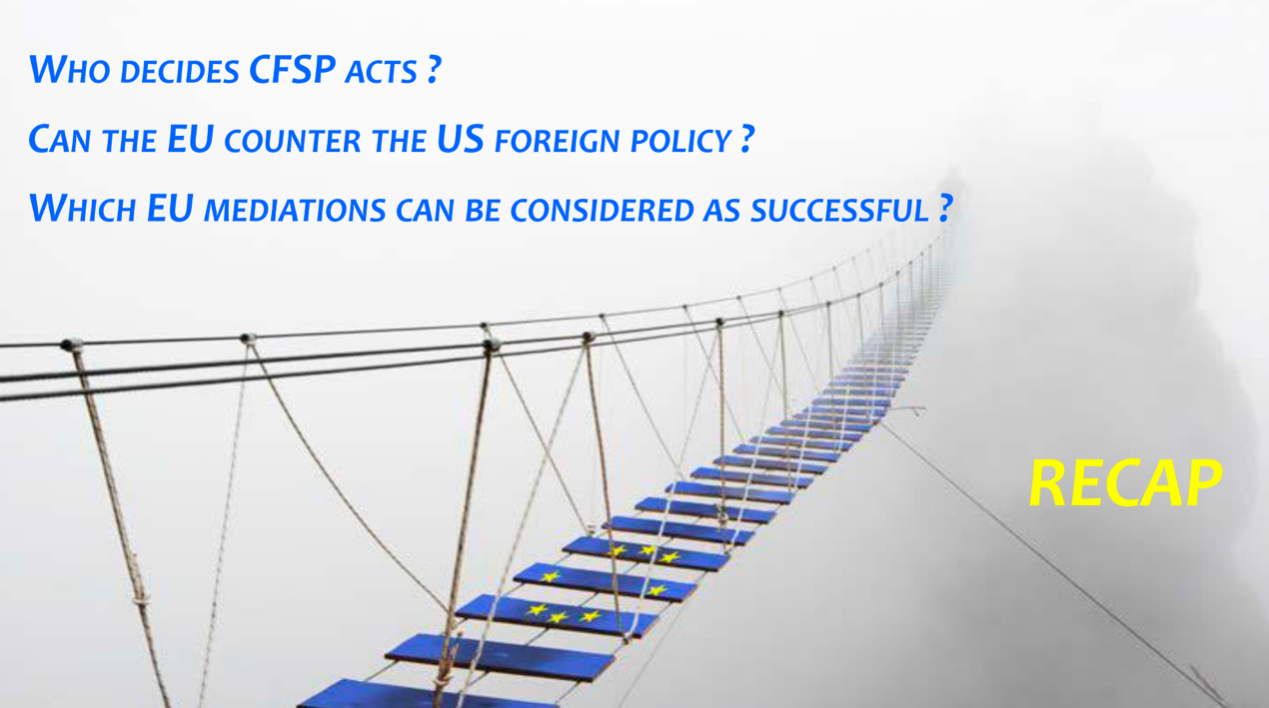To celebrate the 70th anniversary of the founding of the China University of Political Science and Law (CUPL), to pass on the vibrant culture and spirit of CUPL, and to highlight the characteristics of training international legal talents, the China-EU School of Law (CESL) launched the ‘CESL Featured Courses Series’, an introduction to some featured courses from CESL.
Professor Vahlas and CESL
"The European Union: From Origins to Brexit", taught by Professor Alexis Vahlas of the University of Strasbourg, France, is being offered for the first time in the first semester of the 2021-2022 academic year. The course is an interdisciplinary elective of 2 credits and 32 hours. It is designed to help students understand the history and development of the European Union. Professor Vahlas is a long-time friend of CESL and has been teaching the course “International Organisation” in CESL’s Master of European and International Law (LL.M.) programme for seven consecutive years since 2015. In 2017, Professor Vahlas also contacted the Shanghai Cooperation Organisation Secretariat and organised a visit there for CESL students.

Into the history of the European Union
"In the course "The European Union: From Origins to Brexit", Professor Vahlas gives lectures on the history of the European Union through eight topics. This narrative begins with Europe's long history of failed integration, moves through the seminal creation of the EU, and then to the impact of today's Brexit on the EU. Among other things, the professor focuses on the distinctions of the EU compared to all the other international organisations and the cooperation between the EU and other international organisations (mainly the UN and NATO). In addition, the course explains the functioning of the EU institutions and the twofold balance of power between the EU institutions and amongst the 27 member states, which explain many of the current key challenges.

In the lectures that have already taken place, students have learned about the attempts at integration in Europe before the establishment of the EU, the theoretical foundations such as the Schuman Declaration, the creation of the EU and the reasons why the EU is not currently inclined towards enlargement. They have also learned about the history and current situation of the various European countries including those in the Balkans. In a recent lecture, Professor Vahlas explained the EU's external relations and its role on the world stage.

The lecture was divided into five parts. The first part was about the legal basis, competences, and decision-making process of EU’s common foreign security policy. The second part was about the principles the EU follows in its diplomacy, i.e., democracy, the rule of law, the protection of human rights, and the principles of the UN Charter and international law. Mediating the Iranian nuclear issue was a manifestation of the principles. Then the professor summarised the first two parts in the form of questions to confirm that the students have understood.

The last three parts of the lecture were more closely related: the EU’s operational activities, EU-UN partnerships, and international cooperation on piracy in Somalia. The picture below shows the EU-NATO operation in Somalia and the agreement signed between the EU and the Kenyan government.

Although the lectures are currently only conducted online due to the pandemic, it does not stop the students from actively communicating with the professor. During the lectures, the teacher keeps checking whether the students have understood key points, and the students interact with him by asking questions in a timely manner. Questions are also collected after the lectures and the professor will always answer them at the beginning of the next lecture.
We hope that the pandemic will soon be over and offline teaching will resume, allowing even more personal communication between foreign professors and students.
Welcoming the 70th Anniversary of CUPL: CESL Featured Courses Series
Written by: Qiao Luting CESL double master from 2020 intake
